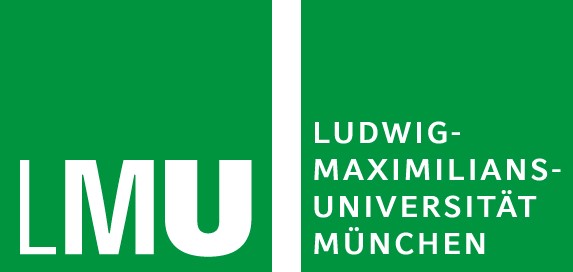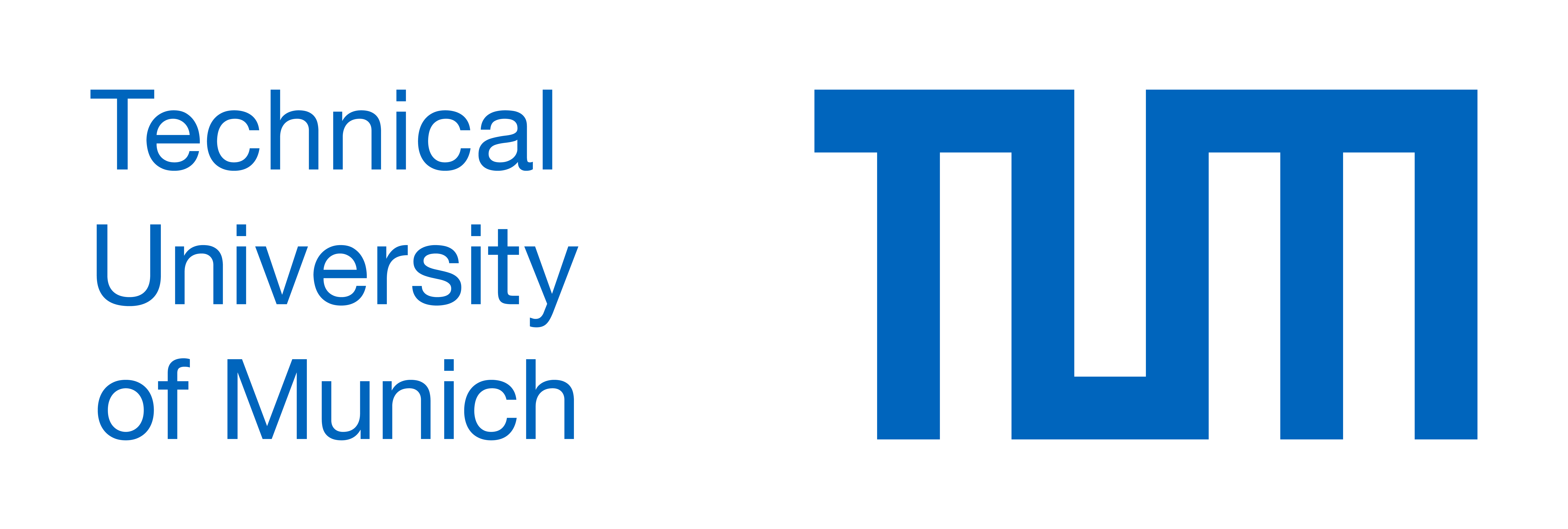Graduiertenkolleg GRK 2274 starts recruiting
06.07.2017


![]()
DFG-Funded Research Training Group / Graduiertenkolleg GRK 2274
“Advanced Medical Physics for Image-guided Cancer Therapy”
The Research Training Group / Graduiertenkolleg GRK 2274 “Advanced Medical Physics for Image-Guided Cancer Therapy” is a joint initiative of the Physics and Medical Faculties of the Ludwig-Maximilians-Universität München (LMU) and the Technische Universität München (TUM) as well as the Helmholtzzentrum München (HMGU). The training programme, funded by the German Research Foundation (DFG) for an initial period of 4,5 years, will become operational on October 1st, 2017 (Speaker: Prof. Dr. Katia Parodi/ LMU, Vice Speaker: Prof. Dr. Franz Pfeiffer/ TUM). Preliminary information can be found here:
Mission and research programme
Cancer is a major societal challenge, where the combination of novel imaging and computational techniques with advanced therapeutic strategies is key to early diagnosis, exact tumour characterization and successful treatment. The goal GRK2274 is to promote young scientists from natural sciences and medicine in this rapidly growing field of medical physics. GRK2274 covers basic, translational and clinical research, building upon a long tradition of excellence in biomedical research in Munich from the two universities (LMU, TUM) and the research center HMGU. The multi- and interdisciplinary research programme will touch upon innovative areas of computing (research area A), imaging (research area B) and therapy (research area C), addressed in synergistic Ph.D. and M.D. projects with the common goal to advance image-guided cancer therapy. The original qualification concept features a broad spectrum of compulsory and eligible training activities, to ensure not only academic excellence and scientific independence, but also the development of fundamental personal effectiveness. GRK2274 thus provides an ideal platform to promote innovations in oncology with a potentially high societal impact, and to form the next generation of scientists with excellent career prospects in academia, clinic and industry.

People
| PI (Principal Investigator) | Institution | Email and Webpage |
|
Belka, Claus |
LMU |
claus.belka@med.uni-muenchen.de |
|
Coan, Paola |
LMU |
paola.coan@physik.uni-muenchen.de |
|
Combs, Stephanie |
TUM |
stephanie.combs@tum.de |
|
Ertl-Wagner, Birgit |
LMU |
birgit.ertl-wagner@med.uni-muenchen.de |
|
Menze, Björn |
TUM |
bjoern.menze@tum.de |
|
Menzel, Marion |
TUM |
menzel@ge.com |
|
Nekolla, Stephan |
TUM |
stephan.nekolla@tum.de |
|
Noël, Peter |
TUM |
peter.noel@tum.de |
|
Parodi, Katia |
LMU |
katia.parodi@lmu.de |
|
Pfeiffer, Franz |
TUM |
franz.pfeiffer@ph.tum.de |
|
Rühm, Werner |
HMGU |
werner.ruehm@helmholtz-muenchen.de |
|
Schreiber, Jörg |
LMU |
joerg.schreiber@lmu.de |
|
Sroka, Ronald |
LMU |
ronald.sroka@med.uni-muenchen.de |
|
Wilkens, Jan |
TUM |
wilkens@tum.de |
|
Ziegler, Sibylle |
LMU |
sibylle.ziegler@med.uni-muenchen.de |
Project topics (including associated co-PI in bracket)
|
Research Area A: Computing |
||
| A1 | Parodi, (Dedes) | Hybrid patient model for advanced Monte Carlo computing |
| A2 | Menze, Combs | Automated image segmentation for radiotherapy treatment planning |
| Research Area B: Imaging | ||
| B1 | Pfeiffer, (Herzen) | Phase-contrast imaging and spectral CT in phantom studies and animal models |
| B2 | Coan | Phase-contrast imaging for radiotherapy |
| B3 | Wilkens | Dual energy CT for small animal imaging |
| B4 | Parodi, (Landry) | Dual energy CT for proton therapy |
| B5 | Noël | Image reconstruction in spectral CT |
| B6 | Nekolla | Image reconstruction in PET/MRI |
| B7 | Ertl-Wagner, (Ingrisch, Dietrich) | Robust evaluation of IVIM- and DCE-MRI for perfusion quantification |
| B8 | Menzel, Menze | Machine learning and quantitative imaging: multimodal physiological maps via Magnetic Resonance Fingerprinting |
|
Research Area C: Therapy |
||
| C1 | Schreiber, Parodi | Ionoacoustic detection of laser-driven ion beams |
| C2 | W. Rühm | Secondary neutrons at laser-driven proton sources |
| C3 | Wilkens, Combs, (Breitkreutz) | Neutron therapy planning |
| C4 | Belka, (Kamp) | Adaptive radiotherapy physics |
| C5 | Ziegler, (Böning, Ilhan) | Monte Carlo based dosimetry for radionuclide therapy |
| C6 | Sroka, (A. Rühm) |
Interstitial photodynamic therapy |
How to apply
Ideal candidates should hold (or be in the final stage of) a highly ranked Master of Science (MSc) in Physics, Biomedical Engineering or Informatics, be fluent in English, have knowledge of medical physics and possess technical proficiency, scientific creativity, fast adaptation to new problems and fruitful collaboration with international and multidisciplinary working teams. Prior experience in software programming and Linux and Windows operating systems is favorable. Disabled candidates are preferentially considered in case of equal qualification. Applications from women are encouraged.
To apply for a position, please send your electronic application (letter of motivation, curriculum vitae, last school certificate, university degree including grades, publication list, other qualification certificates like TOEFL, and two recommendation letters including contact information of your references) via our online submission system at:
http://portal.graduatecenter-lmu.de/ocgc/grk2274
For general questions please contact our scientific coordinators:
- Dr. Dr. Christian Thieke (Christian.Thieke@med.uni-muenchen.de)
- Veronica Bodek (Veronica.Bodek@tum.de)
For further information on a specific topic, please make direct contact with the project PI.
+++ More details and a dedicated webpage will follow soon +++

